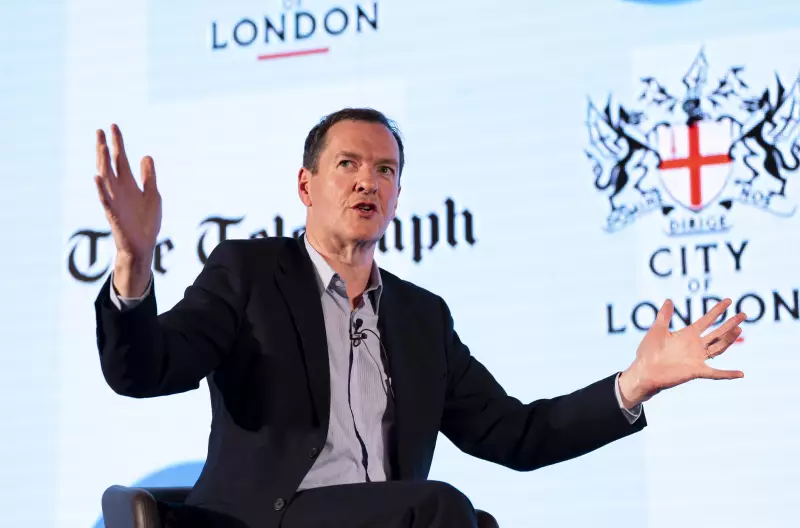
In a move that echoes Conservative predecessor George Osborne's fiscal playbook, Chancellor Rachel Reeves is reportedly weighing a significant stealth tax strategy that could see millions of Britons paying more to the Treasury without a formal rate increase.
The controversial approach involves maintaining current income tax thresholds until 2028, effectively pushing earners into higher tax brackets as wages rise with inflation. This fiscal drag tactic could generate approximately £10 billion annually for the Treasury's coffers.
The Osborne Precedent
George Osborne, during his tenure as Chancellor under David Cameron's government, successfully employed similar threshold freezes between 2015 and 2020. The strategy proved remarkably effective at raising revenue while avoiding the political fallout of overt tax increases.
Current analysis suggests Reeves' potential freeze could drag around three million additional taxpayers into the higher 40% rate band, while creating nearly two million new basic rate taxpayers.
Labour's Fiscal Tightrope
The Chancellor faces a delicate balancing act: funding Labour's ambitious spending commitments while adhering to her self-imposed fiscal rules. With major tax rises ruled out during the election campaign, threshold freezes present a politically palatable alternative to direct tax hikes.
This approach allows the government to increase revenue significantly without breaking manifesto promises, though it may face criticism for implementing stealth taxes.
Economic Implications
The Institute for Fiscal Studies has highlighted the growing significance of fiscal drag in UK tax policy. As wages continue to outpace threshold increases, the Treasury automatically collects more revenue without parliamentary approval for tax rises.
This strategy comes amid ongoing debates about the appropriate level of taxation needed to fund public services while maintaining economic competitiveness.
The final decision on threshold policy is expected to be a central feature of the government's first Autumn Statement, setting the tone for Labour's economic management throughout this parliamentary term.





